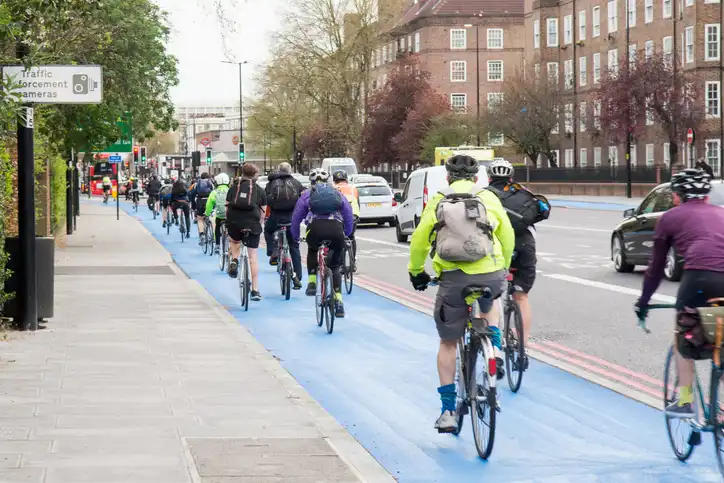
The Netherlands, a country practically built for bikes, is about to test something totally new: speed limits on cycle lanes. It’s believed to be the first time a country in Europe has tried this, and the goal is simple: reduce the number of bike-related accidents.
Starting next year, local councils will be allowed to trial both recommended and mandatory speed limits on bike lanes. It’s part of a bigger long-term plan to make cycling safer, especially as more and more people use faster electric bikes and cargo e-bikes.
The Dutch are proud of their biking culture, and rightfully so. With a population of 17 million and 22.8 million bikes, cycling is the second most popular way to get around, just behind cars. Around 36% of people say the bike is their go-to transport.
But there’s a growing problem. If nothing changes, the number of accidents involving cyclists is expected to rise sharply by 2040. Right now, cyclists make up 39% of all road deaths and 70% of serious injuries, with most of the seriously injured being over 60.
So the government is taking action. Around £42 million is being invested in better cycling education and cracking down on risky behaviours like tuning e-bikes to go faster than legally allowed or running red lights.
They also want more people to wear helmets, aiming for 25% of cyclists to wear one within 10 years, up from just 4% in 2023.
Cargo e-bikes used for deliveries might also be moved off cycle paths and onto the roads, depending on how trials go.
This whole project will be closely watched across Europe, including in the UK where there’s been growing concern about how dangerous fast-moving cyclists can be to pedestrians.
In fact, UK law is changing too. Cyclists who cause fatal accidents could soon face life in prison under new laws designed to treat dangerous cycling in the same way as dangerous driving. Until now, cases were charged under a law dating back to 1861, originally written for horse-drawn carriages.
The change comes after several high-profile incidents, including an 80-year-old woman who died in Manchester after being hit by a cyclist during a charity ride.
New stats from London’s Royal Parks show cyclists are now more likely than drivers to hit pedestrians in places like Hyde Park and Regent’s Park. Between January 2024 and April 2025, nine pedestrians were hit by cyclists, while not a single one was hit by a car.




